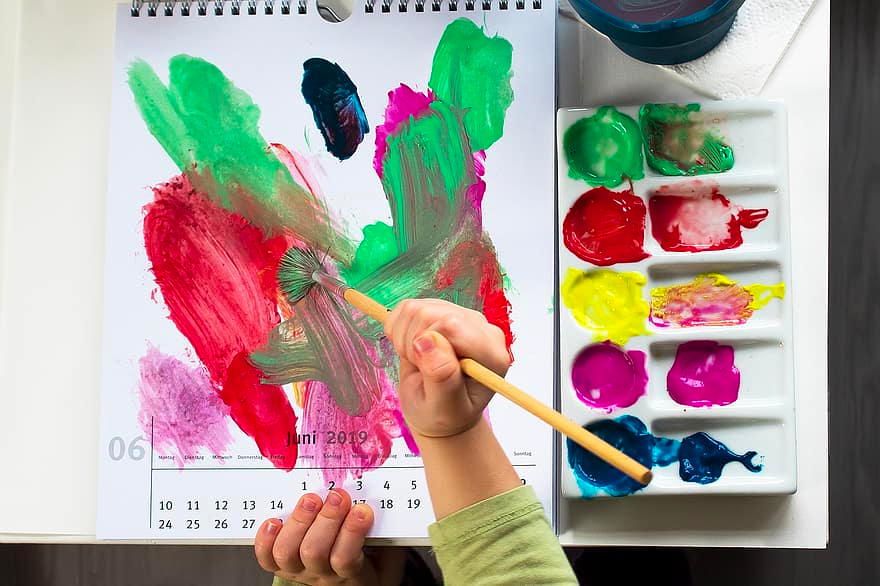Hello Capitol Hill Montessori School!
You have survived two weeks of virtual instruction thus far, and the back-to-school nights were well attended. I received an email from a Primary parent who is concerned about their child’s increased screen time presence since the pandemic has caused us all to be at-home far more than usual for half the year already. What is the effect on learning and brain development, I was asked.
Here is an article from the Center for Research that speaks directly to screen time and gives alternative suggestions. One suggestion is similar to what I addressed on back-to-school night: that of getting children involved in house-hold activities. In the Montessori classroom, practical life activities teach children care of their environment, care of one self, and care of others. They also calm the brain and help the development of focus and concentration through whole body movement.
This article from the National Academies of Science, Engineering, and Medicine that addresses the importance of social-emotional development in the early years as a foundation for all learning. It also addresses that in early childhood the brain develops through direct experiences in one’s environment.
|
CHILD DEVELOPMENT AND EARLY LEARNING: A FOUNDATION FOR PROFESSIONAL KNOWLEDGE AND COMPETENCIES 3 Together with the research in developmental biology and neuroscience, research in developmental, cog-
|
To tie the two together, imagine that during your child’s first 3 years of life, you give her all the love, affection and care that she needs but you never speak or sing to her. She hears your voice only on recordings. Can you imagine that this would cause a speech-language delay in your child? This extends to all aspects of development and learning; children learn better from direct contact than on screens. That’s why while we can certainly all agree that in-person instruction would be better than online, your child will reinforce and master what she learns from her teacher by practicing and further exploring independently. In addition, one of the reasons for the achievement gap between children from affluent families and children from less affluent families is direct life experience: going to museums, going on vacations to different places, interacting with different family members in different states, going camping, going to the beach, etc. All of these absorbed experiences give a child a framework for understanding the world around them and make learning easier. It is remarkable the compound effect that life experiences have on vocabulary development which supports reading comprehension, thereby improving test scores.
Back to house-hold activities.
If your child has real-life things that are her size and she knows where they are, she will be able and willing to spend time doing those things. As well, we are models for our children. The fact is that if you are working from home and your child is learning at home, then she sees you spending a lot of time on your devices. That indicates to her that she should be spending a lot of time on her devices too. This cannot be avoided and is the reality we are all faced with. The good news is that children are resilient and adaptable. Once your child goes back to in-person instruction, her brain will bounce back to learning without so much screen time.
Instead of seeing screen time as something to fight with, I would suggest creating a simple schedule with your child. Since it is likely too much to ask pre-reading children to time themselves and read a schedule, you could create a chart with pictures of activities. You could get a timer for her and teach her how to use it. She could have a lot fun setting a timer for herself: online learning with her teacher, legos, educational screen time, tidy her room, favorite tv show, sweep the kitchen, etc. It could be a fun project to make the schedule for the week together on the weekend. The activity could be drawn; or printed from Google images, cut and pasted. The older and more capable your child is, the more detailed this could be – written out, color coded, with start and end times written down.
The more you can discuss limits and consistent routines with your child and then hand it over to her take responsibility for and ownership of, the more you can set your child up for success not only as an online student, but also for life. Parents, cut yourselves some slack as well. We know that students will always push the boundaries of your unconditional love. Before you know it, your children will be grown and fully independent, embrace this time while you have it and you will create unforgettable memories.
Marion Price
Montessori Specialist
Capitol Hill Montessori School

